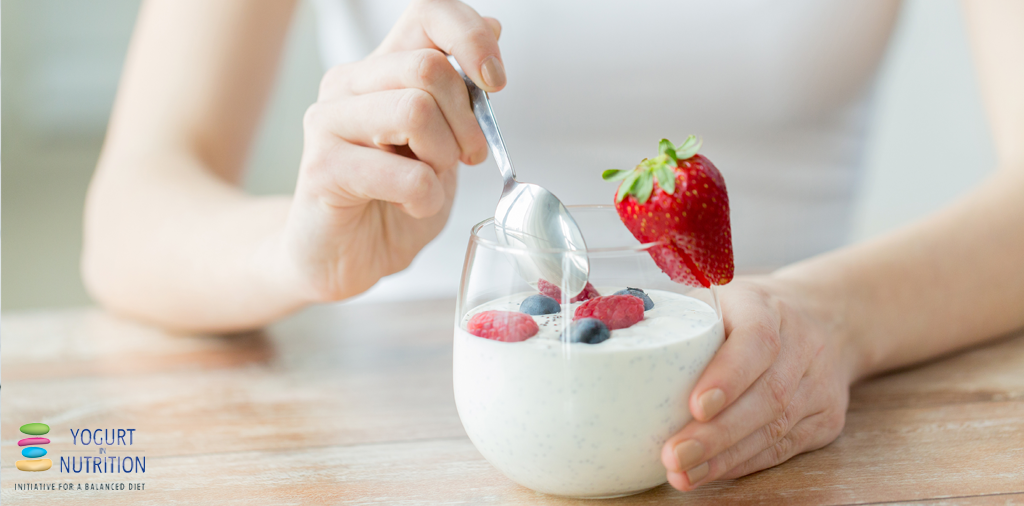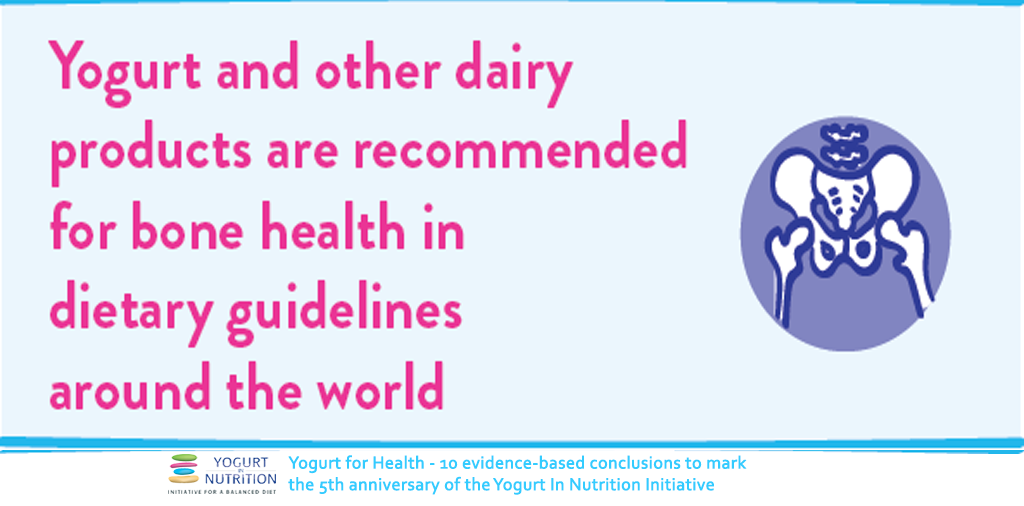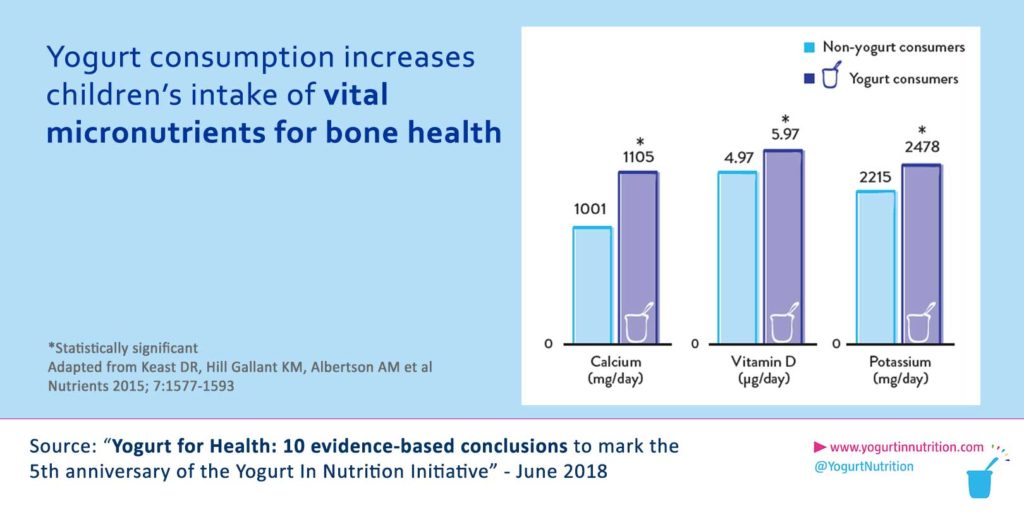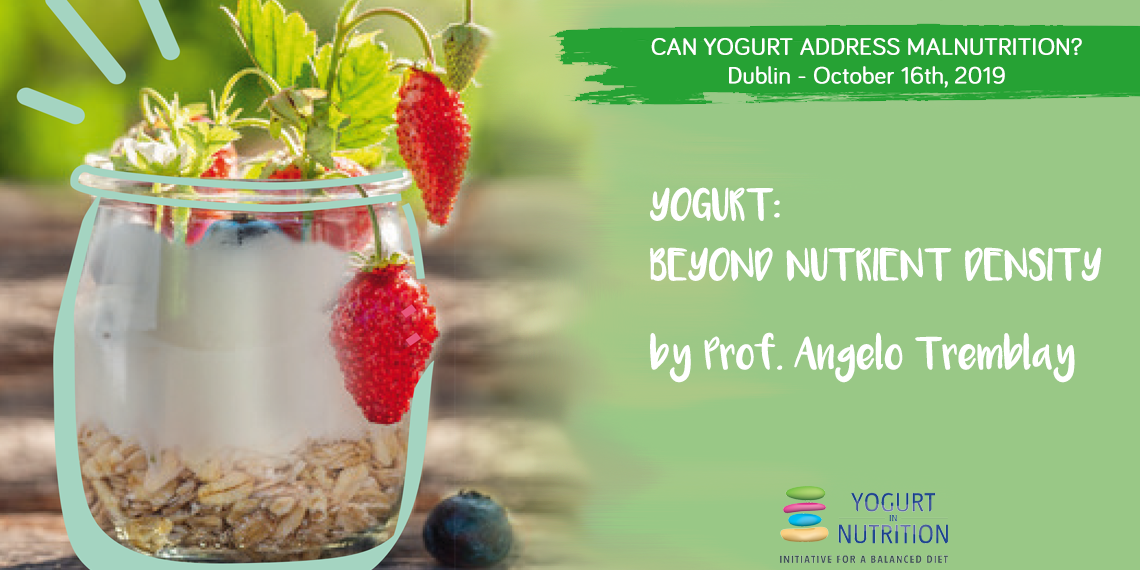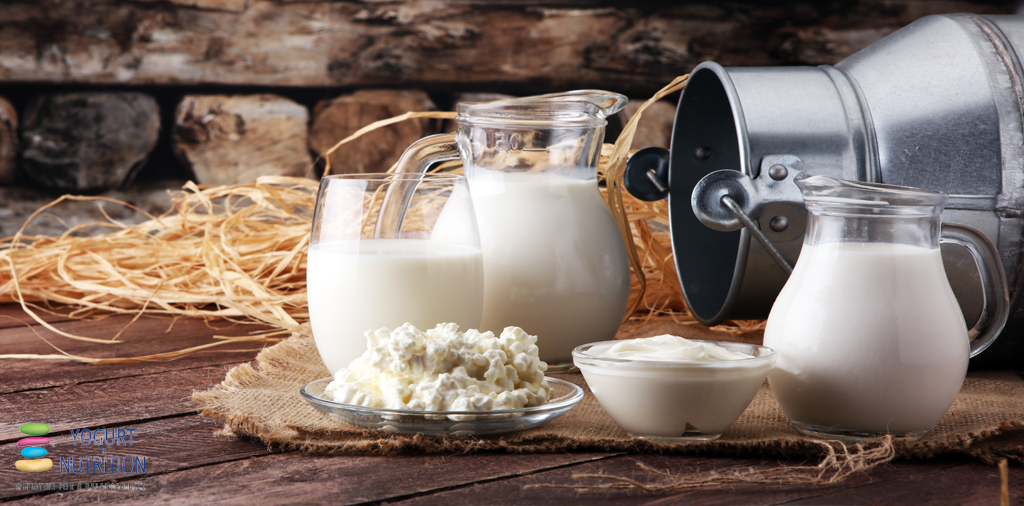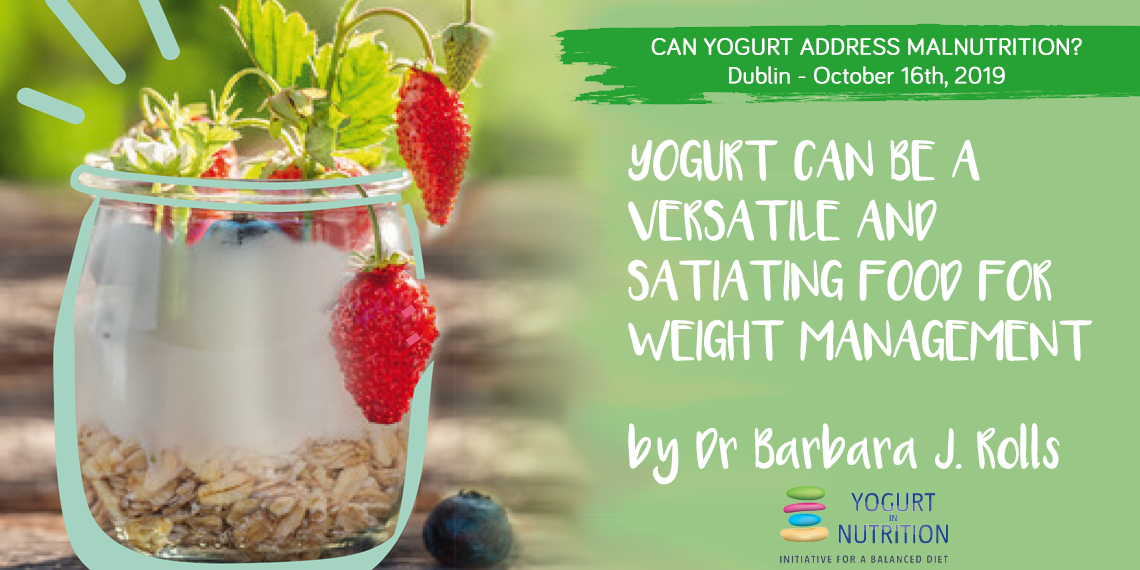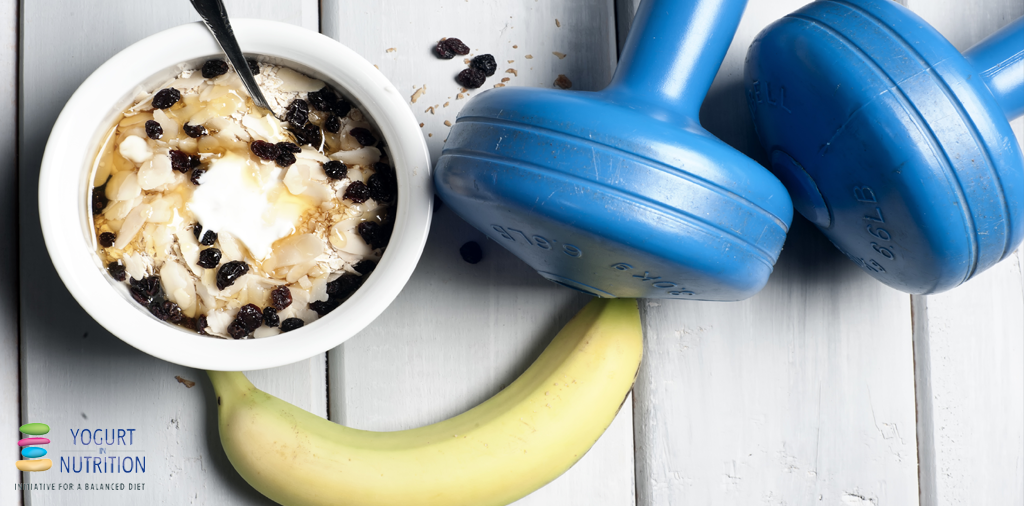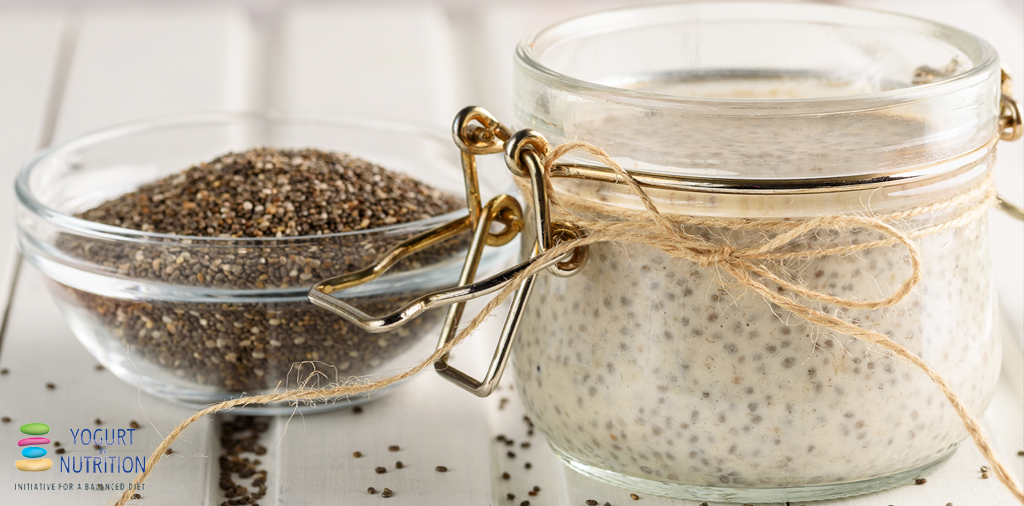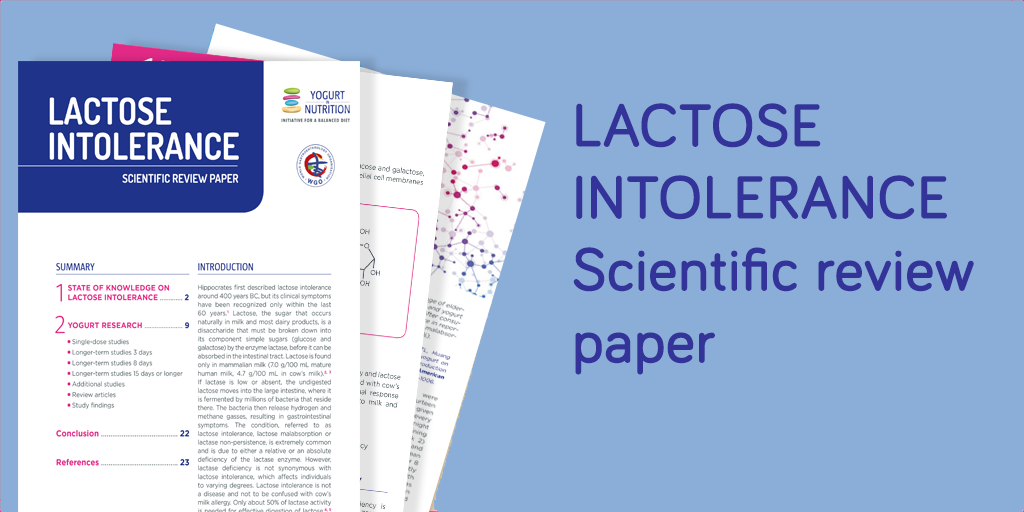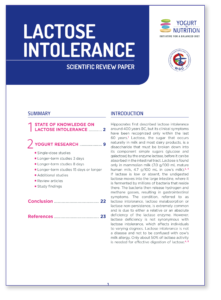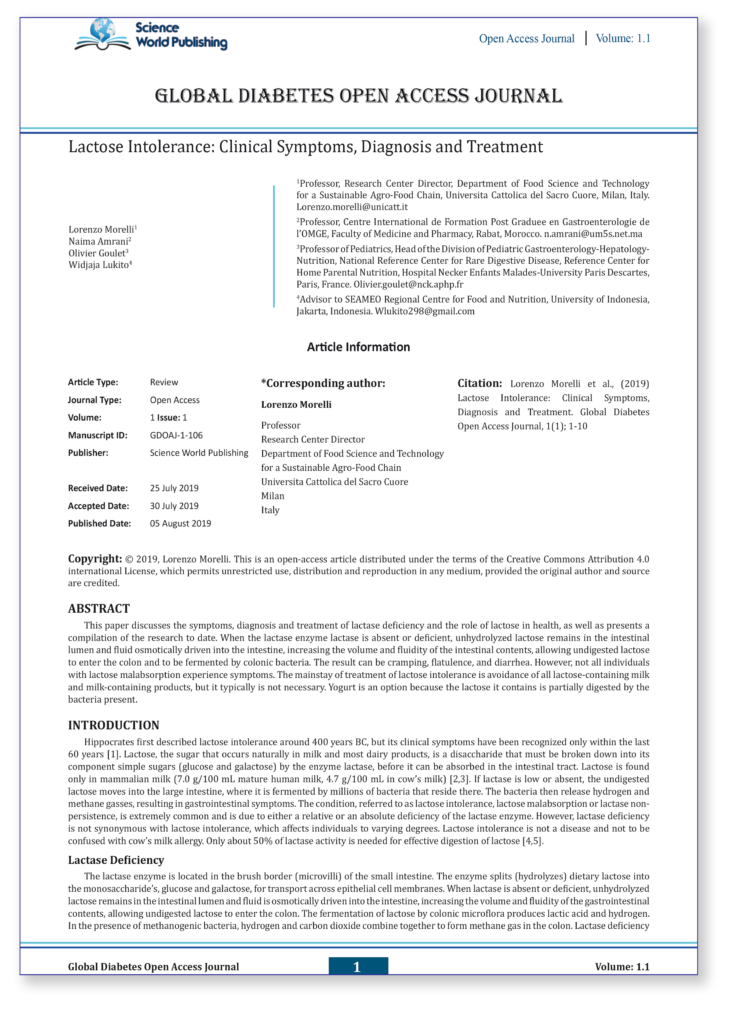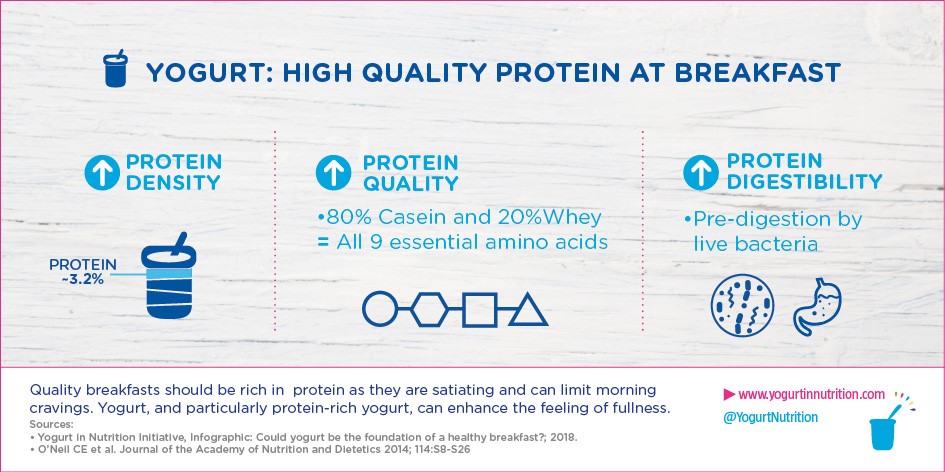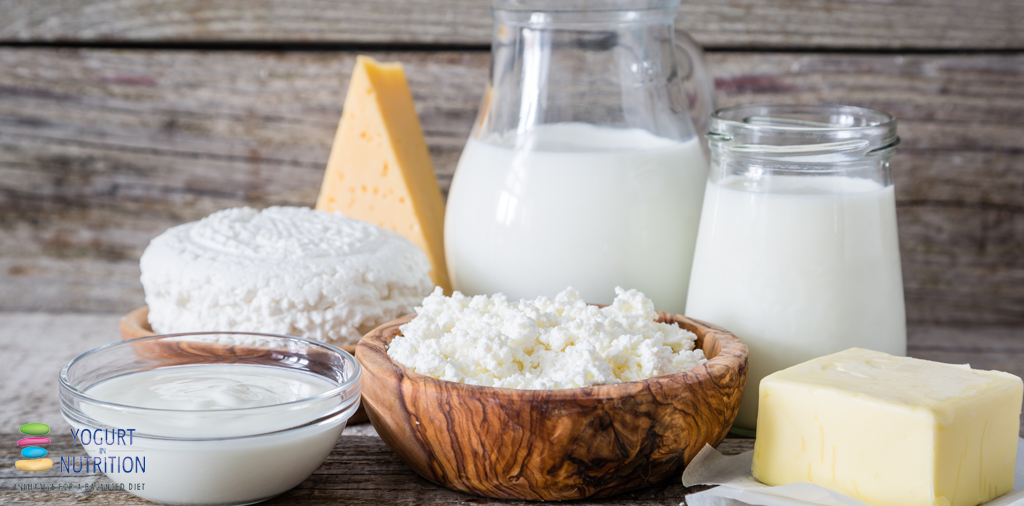Worried that you’re hurtling towards heart disease? You wouldn’t be alone – along with stroke and type 2 diabetes, it remains a major threat to the health of both men and women. Don’t stress – scientists are learning more about how we can protect ourselves.
Among recent advances is the finding from this Australian study: if you regularly eat yogurt, the chances are you may have a reduced risk of both type 2 diabetes (T2D) and cardiovascular disease (CVD).
It’s the latest in a growing body of evidence from several countries suggesting an association between consuming fermented dairy products such as yogurt, and reduced risk of these chronic diseases.
The authors studied middle-aged participants in the Australian Longitudinal Study of Women’s Health, a large ongoing study of health and wellbeing involving over 58,000 women.
Aged 45-50 years at the start of the study, the women were followed up for up to 15 years, during which they were surveyed every 2-3 years to see if they had been diagnosed with T2D and/or CVD (as indicated by coronary heart disease or stroke).
The participants were asked to complete a questionnaire about how much dairy food they ate – yogurt, cheeses and milk products. They were divided into groups according to how often they ate these foods.
Results showed that women who consumed the most total dairy products were more likely than low-dairy consumers to lead a healthier lifestyle, be a healthy weight, take exercise, and be a non-smoker.
Eating yogurt was associated with a reduced risk of type 2 diabetes
Of 7,633 women who didn’t have diabetes at the start of the study, 9.2% of them had developed T2D by the end of the follow up. Those who ate yogurt most frequently had a lower risk of T2D than those who ate the least yogurt.
The effect seemed to be specific to yogurt– the authors didn’t find any associations with risk of T2D and other diary groups including cheeses and total fermented dairy (yogurt + cheese).
‘A diet high in fermented dairy products, particularly yogurt, may be beneficial for T2DM [type 2 diabetes mellitus] and CVD risk’ – Buziau AM et al, 2019.
Yogurt consumption was associated with reduced risk of CVD
Of 7,679 women who didn’t have CVD at entry to the study, 10.9% developed CVD during the follow up. Those who ate the most yogurt and the most total fermented dairy had a lower risk of CVD than those who ate the least yogurt.
The researchers didn’t find an association between CVD risk and the other dairy groups (cheese and milk).
‘Other dairy groups, including total cheese, were not associated with risk of T2DM and CVD.’ – Buziau AM et al, 2019.
How might eating yogurt lower the risk of diabetes and heart disease?
During the fermentation process used to make yogurt, compounds are released that may improve our cholesterol levels and blood pressure, the authors explain. Yogurt and cheese contain probiotic bacteria which, studies suggest, may reduce inflammation and cardiovascular risk factors. Scientists believe that yogurt may also prove to affect the composition and function of our gut bacteria and this in turn may improve cardiometabolic health.
Yogurt may also help to make us feel full and so less likely to keep eating.
The authors call for further studies to see whether the reduced risks of T2D and CVD are directly due to eating fermented dairy products, or whether the association is seen because people who eat yogurt tend to follow a healthy diet and lifestyle generally.
Find out more: read the original article
Source: Buziau AM, Soedamah-Muthu SS, Geleijnse JM, Mishra GD. Total fermented dairy food intake is inversely associated with cardiovascular disease risk in women. J Nutr. 2019 Jun 13

